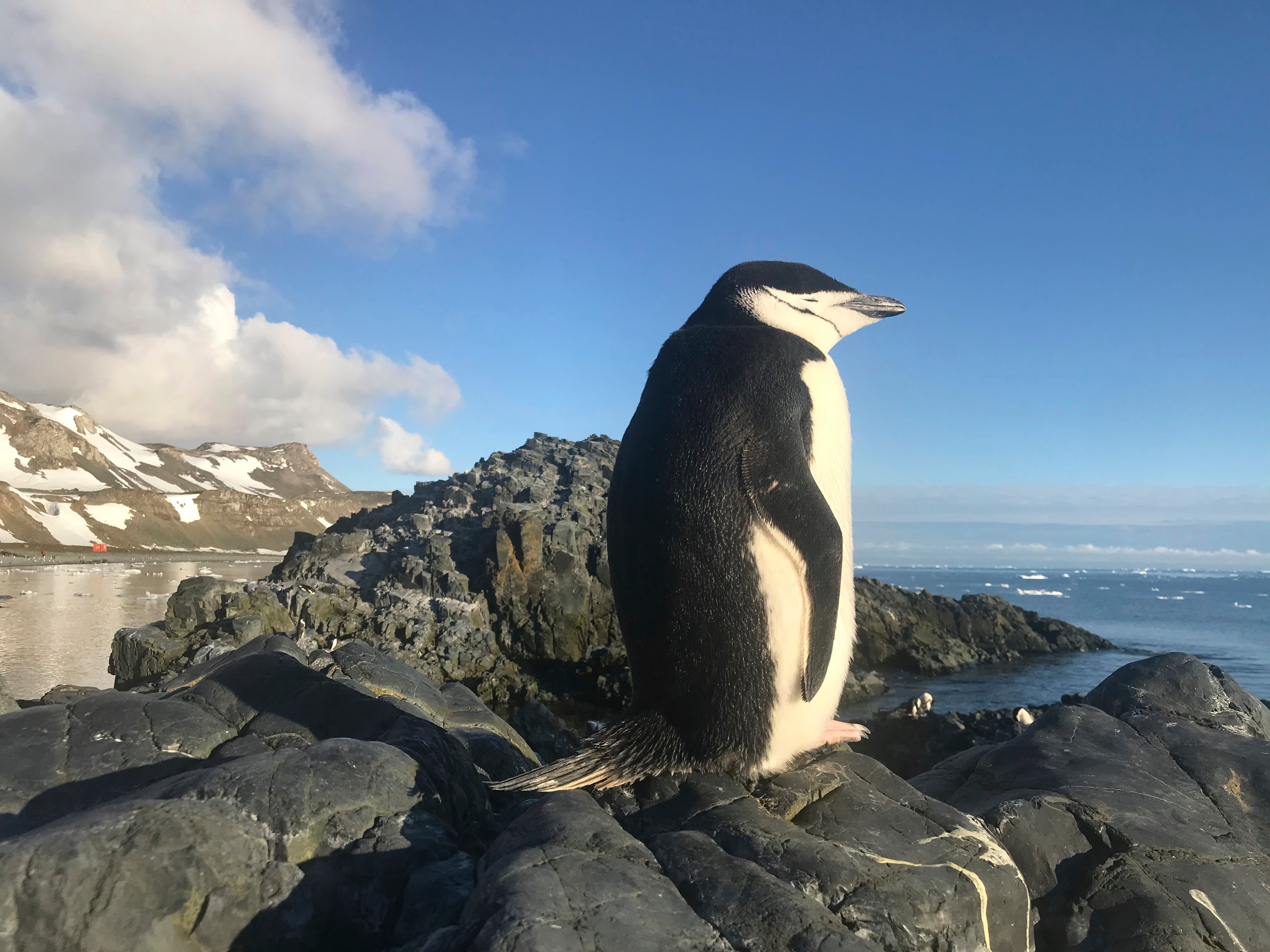The famed Darwin's Arch in the Galapagos Islands has lost its top, and officials are blaming natural erosion of the stone.
Ecuador's Environment Ministry reported the collapse on its Facebook page on Monday.
The rock structure — 43 meters (141 feet) high, 70 meters (230 feet) long and 23 meters (75feet) wide — is less than 1 kilometer (about half a mile) from Darwin Island and it's a popular spot for scuba divers. It's not accessible by land.
“Obviously all the people from the Galapagos felt nostalgic because it’s something we’re familiar with since childhood, and to know that it has changed was a bit of a shock," said Washington Tapia, director of conservation at Galapagos Conservancy. "However, from a scientific point of view, it’s part of the natural process. The fall is surely due to exogenous processes such as weathering and erosion which are things that normally happen on our planet.”
The unique flora and fauna on remote islands, some 1,000 kilometers (600 miles) off the coast of mainland Ecuador are famed in part for inspiring Charles Darwin's thoughts on evolution.
Eli Lilly launched Zepbound, the latest product to join the exploding market for weight loss medications.
A new storage drive is using DNA to store data for 100 and 50 years.
Rescuers searching the hazardous slopes of Indonesia’s Mount Marapi volcano found more bodies among the climbers caught by a surprise eruption two days ago, raising the number of confirmed and presumed dead to 23.
Flu is picking up steam while RSV lung infections that can hit kids and older people hard may be peaking, U.S. health officials said.
The maker of Ozempic is suing two pharmacies in Florida for allegedly selling impure versions of the popular weight loss and diabetes management drugs.
U.S. officials are urging consumers not to eat cantaloupe products including fruit cups due to a salmonella outbreak.
The 2023 United Nations Climate Change Conference known as COP28 kicked off in Dubai and major progress is already being made.
A 360-degree camera was sent into outer space and it collected some remarkable images of Earth.
A new study published in the journal Science observed chin strap penguins in Antarctica and found that they take thousands of small naps a day each lasting only about four seconds.
A new report reveals that Gen Z and millennial women face many serious issues when it comes to their health.












